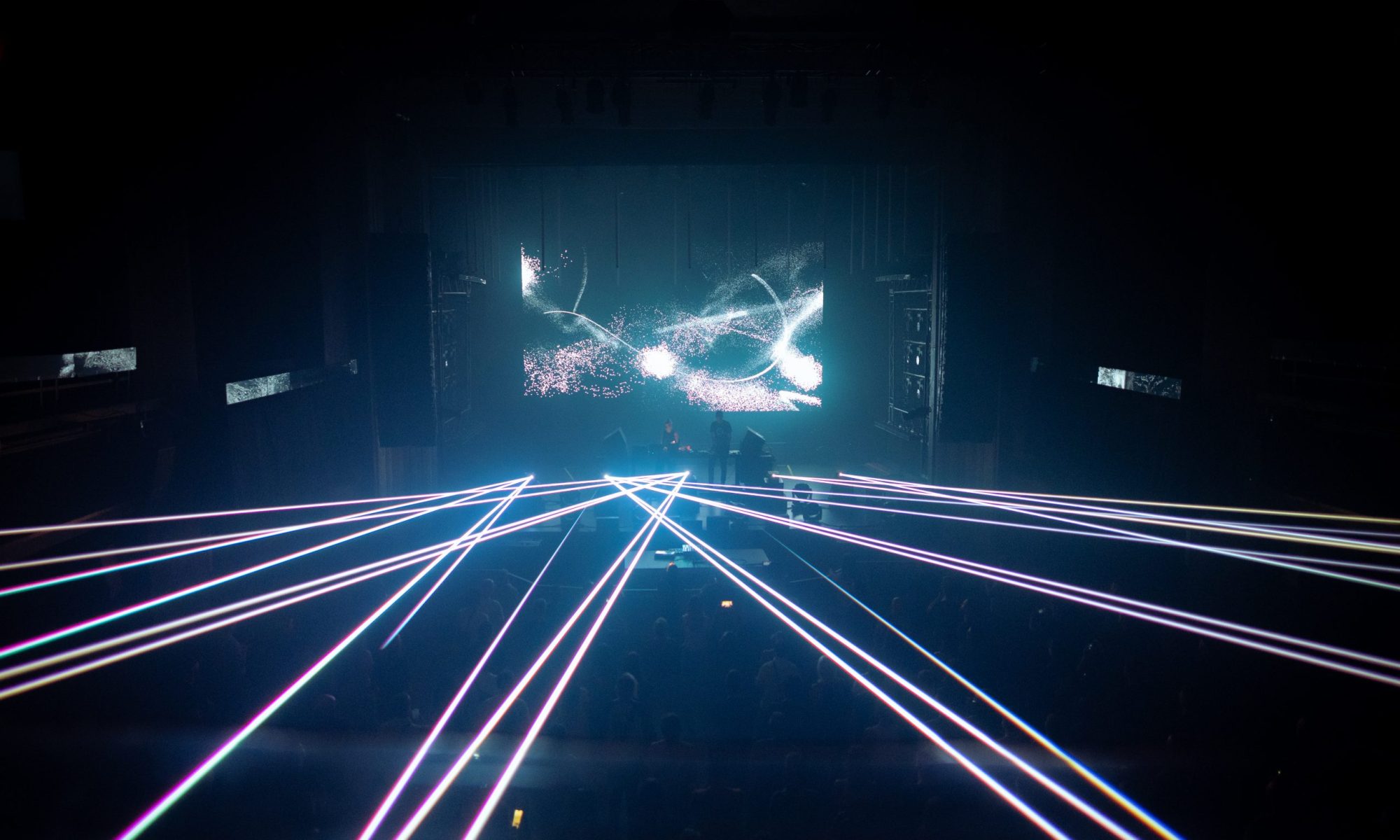
Valence on LINE 054 – 2012
*Limited edition of 500* Montreal’s I8U, known for releases on Room40 and Atak, presents her first recordings as France Jobin. This switch to her own name signifies a purification of aesthetic on ‘Valence’, offering three beautifully deep and meditative compositions swimming in the same infinitely tranquil waters as Eliane Radigue, Franca Sacchi or Celer. The work overall takes it’s inspiration from her interests in quantum physics and digital composition, and finds parallels between the “wacky world of subatomic dimensions” and the elusive emotions she encounters within experimental electronic music. We’d love to delve deeper into this, but our quantum physics diplomas were actually bought in the Arndale market. Instead we can tell you this is a beautiful piece of work to behold, defined by incredibly subtle microtonal shifts and pure, tactile frequency isolations which are thrilling to experience (if you’re thrilled by that kind of thing), all delicately strung between icily crisp digital highs and lushly resonant harmonic coloration.
